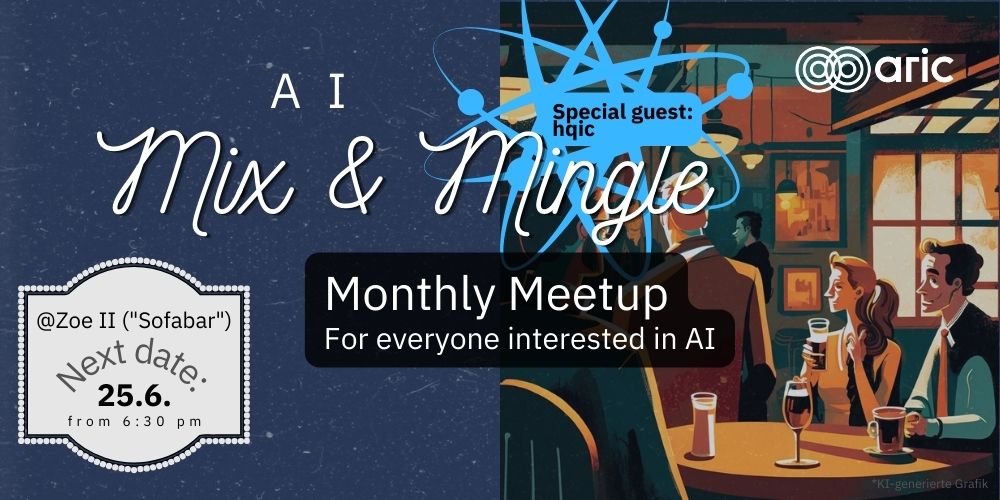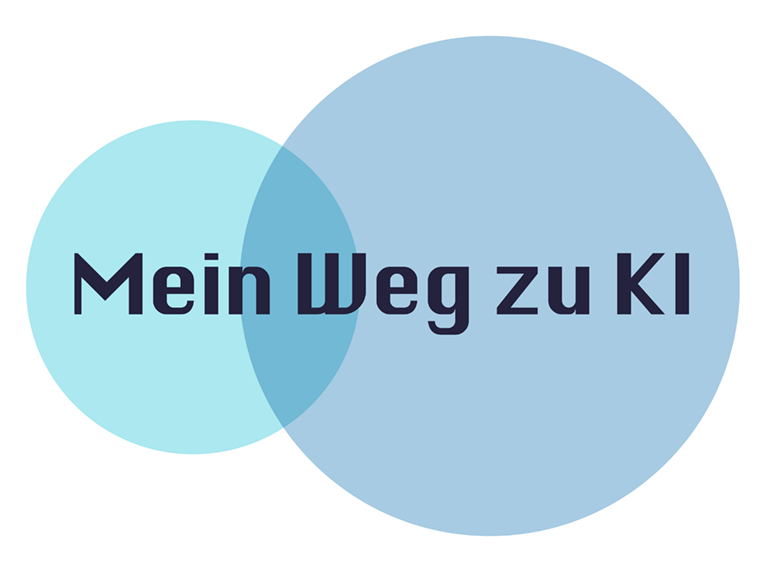Jan Schnedler, ARIC Management and Law Office Schnedler
The development and use of artificial intelligence (AI) brings with it specific legal issues that are largely not yet explicitly covered by the law and thus have to be resolved using traditional laws. But our entire legal system is focused on people. However, the EU is already considering its own regulatory approaches.
May an algorithm discriminate or collude with other algorithms in pricing where a human may not? How and to whom or what do we attribute responsibility for a decision and its consequences? Is an AI free of defects even though it comes to erroneous results because it only decides 99 percent correctly?
In the development of AI, third-party intellectual property rights must be taken into account, as must compliance in the use of data. Personal data is regularly processed to train or deploy AI. The legal requirements for this are high, and not only in Germany. AI requires large amounts of data, decides according to unknown criteria and only with a certain probability and not 100% “right”, the GDPR on the other hand follows the opposing principles of data minimisation, transparency, accuracy of processing and includes accountability.
Ultimately, however, the human being, e.g. the judge, is often a black box. It is not the judge’s internal reasons for his decision that are reviewed at appeal, but only the text of the judgment. The extent to which the judgment is based on prejudice, bad temper, or malice is not subject to review as long as the court follows the familiar rules for writing the judgment text.
Der Workshop fängt mit einem kurzen Intro zu den technischen Grundlagen an und skizziert dann die verschiedenen Anknüpfungspunkte wo KI rechtliche Fragen aus dem Zivilrecht aufwirft, wie der Vertragsgestaltung, die Lizenzierung, die Haftung, das Immaterialgüterrecht und das Arbeitsrecht, sowie Fragen des Datenschutzrechts. Criminal law issues are not the subject of this workshop. Likewise, intellectual property law, such as patent law, will only be briefly discussed, since the ARIC workshop AI and Patents is offered for this purpose. Ab 18.30 Uhr folgt eine Stunde Q&A für ARIC-Mitglieder.
The workshop is free of charge, limited to 25 participants and will take place on 12.03.2020 from 17.00 to 18.30 at ARIC e.V. Dockland, Van-der-Smissen Strasse 9, 22767 Hamburg. You can register at the e-mail address: info@aric-hamburg.de.




